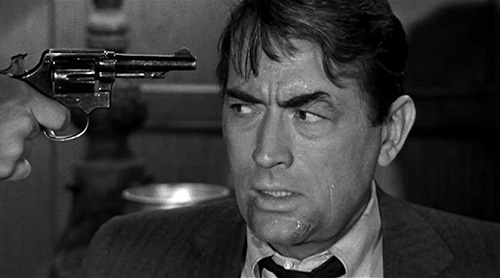
Opposing capitalism as a whole, including the industrialism which enables it to expand and dominate, is not a very popular position to take.
Even at a time in history when the grave threats posed by industrialism could hardly be more apparent, people tend to shy away from embracing the obvious conclusion.
When it comes to the crunch, their apparent dedication to the environment, to nature, to the future of humankind and the planet is trumped by a blinkered attachment to immediate personal comfort and convenience.
Environmentally-sensitive people have told me that they would not want to give up on the “little luxuries” in life, that they could not live happily without a washing machine, that nobody in their right mind would want to “go back to the days of candles”.
I am convinced that there is a serious misunderstanding here. They really do not grasp the question being put to them by the overpowering environmental crisis in which we find ourselves (I do not just mean climate change, but everything else choking us to death, from plastics to nuclear waste).
They seem to labouring under the misapprehension that the question they are being asked by history is:
Would you rather the human species
a. Lived in a non-industrial way, without cars, airports, factories, power stations, electrical grids etc.
b. Lived in an industrial way, with a bit more renewable energy and recycling.
In fact the question facing us is:
Would you rather the human species
a. Lived in a non-industrial way, without cars, airports, factories, power stations, electrical grids etc.
b. Died.
This is easy for me to write, of course, but apparently most people out there do not accept that this is the case, despite all the evidence pointing that way.
So, as an interim measure, I would suggest we rephrase the choice in a more provisional manner. The question would then be:
If continuing industrialism meant the extinction of the human (and countless other) species, would you opt for:
a. Continuing industrialism
b. Ending industrialism
I can’t imagine many people opting for ‘a’.
Of course, the question is phrased in a hypothetical way, but at least it allows the possibility of ending industrialism to enter the discussion.
Once people had accepted that, yes, if that really was the situation, they would obviously support an exit from the industrial age, they would then just have to assess the available evidence to judge for themselves whether or not we were really at that historical crisis point.
I am confident that, if they were really paying attention, it wouldn’t take them long.
Leave a Reply